Rheumatoid arthritis (RA)
How to submit an article:
- Registered users can submit any published journal article that has a unique DOI (Digital Object Identifier) name or link to Research Hub.
- For example, you can paste the full DOI link:
https://doi.org/10.1109/5.771073or just the DOI name:10.1109/5.771073into the field above and click submit. - The person who is first to submit a valid article to Research Hub will forever be credited for it, and every article submission earns you +6 Research Points.
Related Topics
Published research studies are articles that present the findings of original research that has undergone a peer-review process and has been made publicly available in scholarly journals, books or other media.

Re-evaluation of dietary interventions in rheumatoid arthritis: can we improve patient conversations around food choices?
2024 Feb 20 Rheumatology International Sharma P, Brown S, Sokoya EM
Review Article Diet Rheumatoid ArthritisDespite diet being key in shaping gut microbiota, it surprisingly does not impact the treatment outcomes in individuals with Rheumatoid Arthritis.
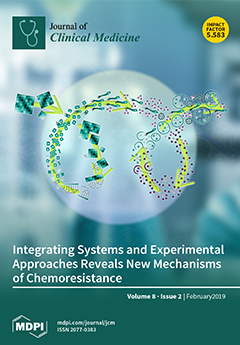
Intestinal Microbiota Reduction Followed by Fasting Discloses Microbial Triggering of Inflammation in Rheumatoid Arthritis
2023 Jun 28 Journal of Clinical Medicine Häupl T, Sörensen T, Smiljanovic B, Darcy M, Scheder-Bieschin J, Steckhan N, et al.
Clinical Study Inflammation Rheumatoid ArthritisRheumatoid arthritis-specific inflammation can be linked directly to the intestinal microbiota, thus, nutritional interventions against gut dysbiosis could function as a causal therapeutic approach.
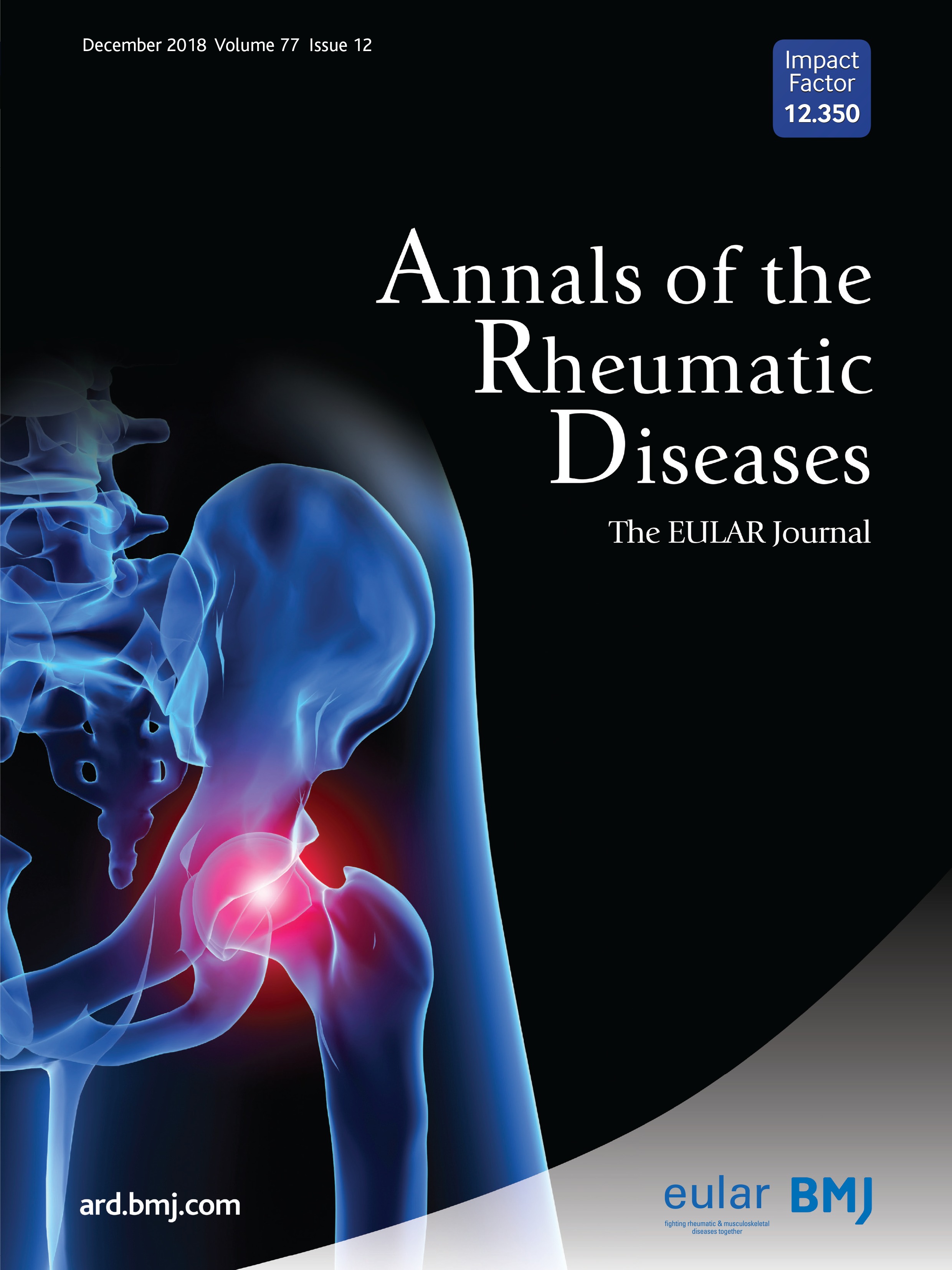
POS0583 RHEUMATOID ARTHRITIS BENEFITS FROM FASTING AND PLANT-BASED DIET: AN EXPLORATORY RANDOMIZED CONTROLLED TRIAL (NUTRIFAST)
2022 May 23 Annals of the Rheumatic Diseases Hartmann AM, Kandil FI, Steckhan N, Häupl T, Kessler CS, Michalsen A, et al.
Randomised Controlled Trial Plant-Based Diet Intermittent Fasting Rheumatoid ArthritisFasting followed by a plant-based diet positively impacts disease activity and cardiovascular risk factors in rheumatoid arthritis patients.
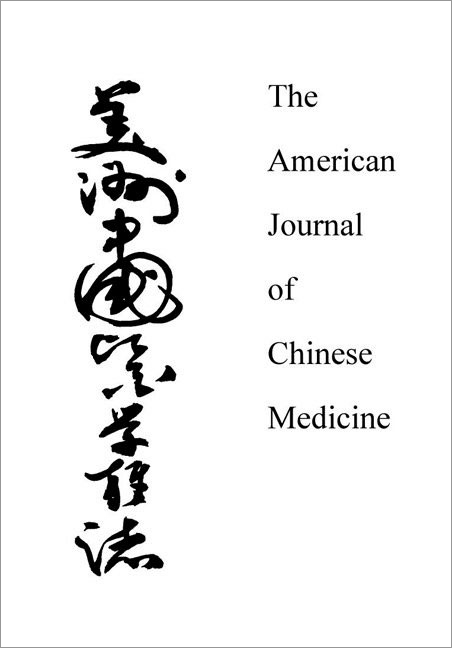
Therapeutic Effect and Mechanism of Acupuncture in Autoimmune Diseases
2022 Mar 10 The American Journal of Chinese Medicine Jing Wang, Fangyi Zhu, Wei Huang, Zhengyi Chen, Ping Zhao, Yanting Lei, et al.
Review Article Rheumatoid Arthritis Inflammatory Bowel Disease Multiple SclerosisAcupuncture shows promising results in managing autoimmune diseases by potentially regulating immune responses.

Caffeine, Coffee, Tea and Risk of Rheumatoid Arthritis: Systematic Review and Dose-Response Meta-analysis of Prospective Cohort Studies
2022 Feb 10 Frontiers in Nutrition Asoudeh F, Dashti F, Jayedi A, Hemmati A, Fadel A, Mohammadi H
Systematic Review Meta-Analysis Rheumatoid Arthritis CoffeeHigher consumption of coffee and specifically decaffeinated coffee raises the risk of rheumatoid arthritis, while caffeinated coffee, tea and caffeine intake doesn't.
Research insights are moderated by the Research Hub team and offer an at-a-glance overview of interesting research findings.

2024 Rheumatology International
Despite diet being key in shaping gut microbiota, it surprisingly does not impact the treatment outcomes in individuals with Rheumatoid Arthritis.
Review Article Diet Rheumatoid Arthritis
Re-evaluation of dietary interventions in rheumatoid arthritis: can we improve patient conversations around food choices?
Sharma P, Brown S, Sokoya EM

2023 Journal of Clinical Medicine
Rheumatoid arthritis-specific inflammation can be linked directly to the intestinal microbiota, thus, nutritional interventions against gut dysbiosis could function as a causal therapeutic approach.
Clinical Study Inflammation Rheumatoid Arthritis
Intestinal Microbiota Reduction Followed by Fasting Discloses Microbial Triggering of Inflammation in Rheumatoid Arthritis
Häupl T, Sörensen T, Smiljanovic B, Darcy M, Scheder-Bieschin J, Steckhan N, et al.

2022 Annals of the Rheumatic Diseases
Fasting followed by a plant-based diet positively impacts disease activity and cardiovascular risk factors in rheumatoid arthritis patients.
Randomised Controlled Trial Intermittent Fasting Plant-Based Diet Rheumatoid Arthritis
POS0583 RHEUMATOID ARTHRITIS BENEFITS FROM FASTING AND PLANT-BASED DIET: AN EXPLORATORY RANDOMIZED CONTROLLED TRIAL (NUTRIFAST)
Hartmann AM, Kandil FI, Steckhan N, Häupl T, Kessler CS, Michalsen A, et al.

2022 The American Journal of Chinese Medicine
Acupuncture shows promising results in managing autoimmune diseases by potentially regulating immune responses.
Review Article Inflammatory Bowel Disease Multiple Sclerosis Rheumatoid Arthritis
Therapeutic Effect and Mechanism of Acupuncture in Autoimmune Diseases
Jing Wang, Fangyi Zhu, Wei Huang, Zhengyi Chen, Ping Zhao, Yanting Lei, et al.

2022 Nutrients
Moderate consumption of fish, particularly oily fish, may decrease rheumatoid arthritis risk, potentially countering the increased risk induced by smoking.
Cohort Study Fish Oils Omega-3 Fatty Acids
Fish Consumption and Risk of Rheumatoid Arthritis: Findings from the E3N Cohort Study
Nguyen Y, Salliot C, Mariette X, Boutron-Ruault MC, Seror R
Review Articles
Review articles summarise and critically evaluate the current state of research on a specific topic or field by synthesising multiple primary research studies.

Re-evaluation of dietary interventions in rheumatoid arthritis: can we improve patient conversations around food choices?
2024 Feb 20 Rheumatology International Sharma P, Brown S, Sokoya EM
Review Article Diet Rheumatoid ArthritisDespite diet being key in shaping gut microbiota, it surprisingly does not impact the treatment outcomes in individuals with Rheumatoid Arthritis.

Therapeutic Effect and Mechanism of Acupuncture in Autoimmune Diseases
2022 Mar 10 The American Journal of Chinese Medicine Jing Wang, Fangyi Zhu, Wei Huang, Zhengyi Chen, Ping Zhao, Yanting Lei, et al.
Review Article Rheumatoid Arthritis Inflammatory Bowel Disease Multiple SclerosisAcupuncture shows promising results in managing autoimmune diseases by potentially regulating immune responses.
No access to full-text —Rachael L 7 Apr 2022

Caffeine, Coffee, Tea and Risk of Rheumatoid Arthritis: Systematic Review and Dose-Response Meta-analysis of Prospective Cohort Studies
2022 Feb 10 Frontiers in Nutrition Asoudeh F, Dashti F, Jayedi A, Hemmati A, Fadel A, Mohammadi H
Systematic Review Meta-Analysis Rheumatoid Arthritis CoffeeHigher consumption of coffee and specifically decaffeinated coffee raises the risk of rheumatoid arthritis, while caffeinated coffee, tea and caffeine intake doesn't.
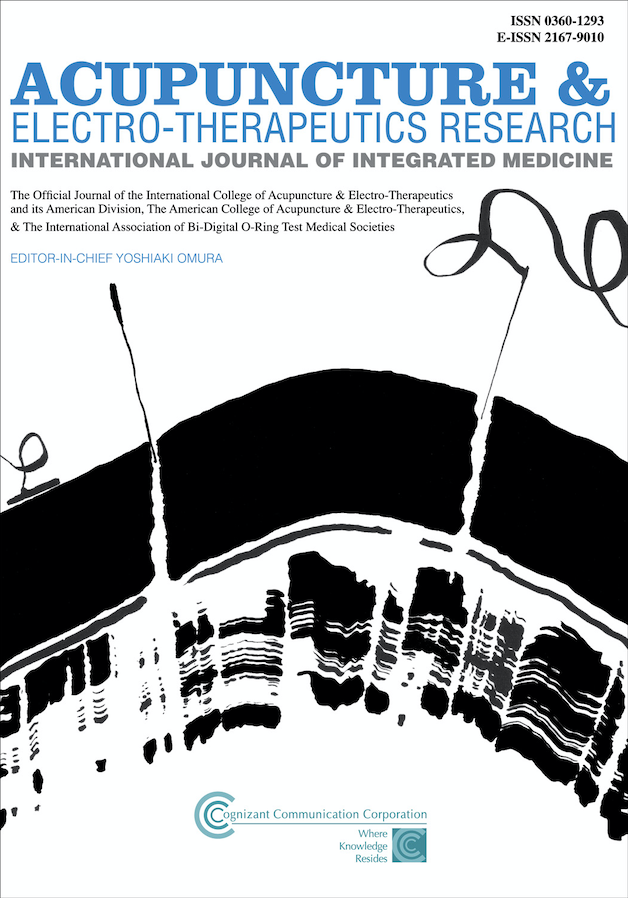
Efficacy and Safety of Acupuncture with Western Medicine for Rheumatoid Arthritis: A Systematic Review and Meta-analysis
2021 Aug 24 Acupuncture & Electro-Therapeutics Research Huo X, Liang L, Ding X, Bihazi A, Xu H
Systematic Review Meta-Analysis Rheumatoid ArthritisTreatment of rheumatoid arthritis using acupuncture with Western medicine was associated with higher efficacy and lower risks than treatment with Western medicine alone.

Beverages in Rheumatoid Arthritis: What to Prefer or to Avoid
2020 Oct 15 Nutrients Dey M, Cutolo M, Nikiphorou E
Review Article Coffee Tea Wine Rheumatoid ArthritisBeverages, through their diverse nutritional contents, have notable effects on rheumatoid arthritis progression by interacting with immune signaling pathways and altering the microbiome.
Clinical Trials
Clinical trials are research studies that involve people and are conducted to evaluate the safety and efficacy of new treatments or interventions, such as drugs, medical devices, or behavioural therapies.
Study Protocols
Published study protocols are detailed plans that outline the objectives, methodology, statistical analyses, and organisation of a research study that have been made publicly available for others to review and use as a reference.
Presentation Slides

Review Article
Despite diet being key in shaping gut microbiota, it surprisingly does not impact the treatment outcomes in individuals with Rheumatoid Arthritis.
Sharma P, Brown S, Sokoya EM

Clinical Study
Rheumatoid arthritis-specific inflammation can be linked directly to the intestinal microbiota, thus, nutritional interventions against gut dysbiosis could function as a causal therapeutic approach.
Häupl T, Sörensen T, Smiljanovic B, Darcy M, Scheder-Bieschin J, Steckhan N, Hartmann AM, Koppold DA, Stuhlmüller B, Skriner K, Walewska BM, Hoppe B, Bonin M, Burmester GR, Schendel P, Feist E, Liere K, Meixner M, Kessler C, Grützkau A, Michalsen A

Randomised Controlled Trial
Fasting followed by a plant-based diet positively impacts disease activity and cardiovascular risk factors in rheumatoid arthritis patients.
Hartmann AM, Kandil FI, Steckhan N, Häupl T, Kessler CS, Michalsen A, Koppold-Liebscher DA

Review Article
Acupuncture shows promising results in managing autoimmune diseases by potentially regulating immune responses.
Jing Wang, Fangyi Zhu, Wei Huang, Zhengyi Chen, Ping Zhao, Yanting Lei, Yumei Liu, Xijun Liu, Bo Sun, Hulun Li

Cohort Study
Moderate consumption of fish, particularly oily fish, may decrease rheumatoid arthritis risk, potentially countering the increased risk induced by smoking.
Nguyen Y, Salliot C, Mariette X, Boutron-Ruault MC, Seror R

Systematic Review
Higher consumption of coffee and specifically decaffeinated coffee raises the risk of rheumatoid arthritis, while caffeinated coffee, tea and caffeine intake doesn't.
Asoudeh F, Dashti F, Jayedi A, Hemmati A, Fadel A, Mohammadi H

Cohort Study
Increased plasma omega-3 levels, which are associated with genetically higher intake of omega-3, contribute to a higher risk of rheumatoid arthritis among people of European ancestry.
Zhu G, Zhou S, Xu Y, Gao R, Li H, Zhai B, Liu X, He Y, Wang X, Han G, Su W, Wang R
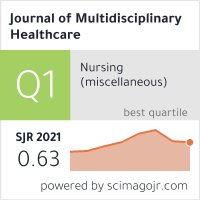
Cohort Study
Adding Chinese herbal medicines to routine treatment was found to be related to lower fracture risk in rheumatoid arthritis patients.
Liao HH, Livneh H, Chung YJ, Lin CH, Lai NS, Yen HR, Tsai TY

Cohort Study
Intermittent fasting during Ramadan can lead to rapid improvement of rheumatoid arthritis activity, with positive effects lasting up to three months.
Ben Nessib D, Maatallah K, Ferjani H, Triki W, Kaffel D, Hamdi W

Systematic Review
Treatment of rheumatoid arthritis using acupuncture with Western medicine was associated with higher efficacy and lower risks than treatment with Western medicine alone.
Huo X, Liang L, Ding X, Bihazi A, Xu H
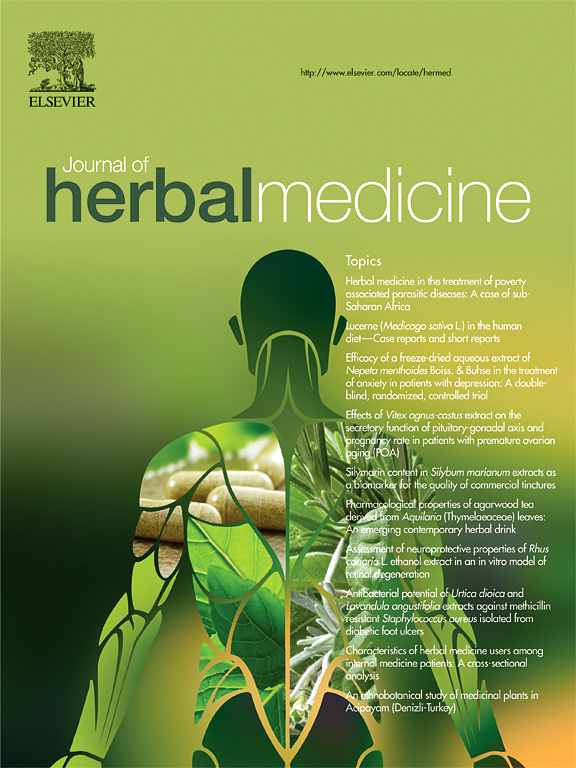
Clinical Study
Green tea therapy can significantly improve rheumatoid arthritis symptoms, correlating with changes in specific circulating serum molecules, miR-125b and miR-146a.
Al-Rawaf HA, Alghadir AH, Gabr SA

Review Article
Beverages, through their diverse nutritional contents, have notable effects on rheumatoid arthritis progression by interacting with immune signaling pathways and altering the microbiome.
Dey M, Cutolo M, Nikiphorou E

Review Article
Omega 3 fatty acids can counter muscle lipotoxicity and prevent comorbidities in patients with rheumatoid arthritis, supporting muscle health and reducing cardiometabolic disease risk.
Lanchais K, Capel F, Tournadre A
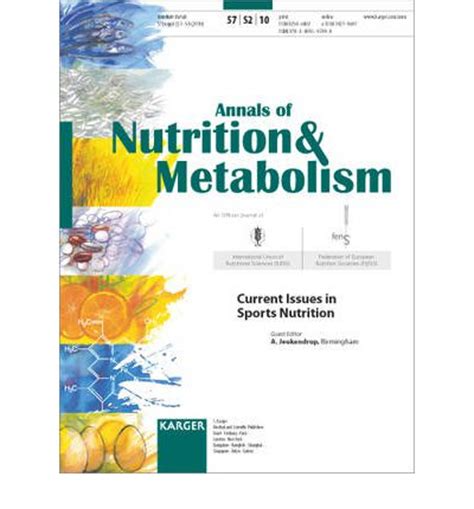
Cohort Study
High tea consumption is inversely associated with disease activity in rheumatoid arthritis, particularly beneficial in female patients, non-smokers, and elders.
Jin J, Li J, Gan Y, Liu J, Zhao X, Chen J, Zhang R, Zhong Y, Chen X, Wu L, Xiang X, Zhou Y, He J, Li R, Guo J, Li Z

Cohort Study
Fish intake does not majorly impact overall rheumatoid arthritis risk but can lessen the association of smoking for rheumatoid arthritis diagnosed under 55 years of age.
Sparks JA, O’Reilly J, Barbhaiya M, Tedeschi SK, Malspeis S, Lu B, Willett WC, Costenbader KH, Karlson EW

Systematic Review
Acupuncture alone or combined with other treatment modalities is beneficial to the clinical conditions of rheumatoid arthritis without adverse effects reported and can improve function and quality of life and is worth trying.
Pei-Chi Chou and Heng-Yi Chu
Executive Summary
Write an executive summary in the form of a blog article on the topic of "Research into Chinese medicine treatment for Rheumatoid arthritis (RA)" summarising the research below and using language that can be easily understood by patients and avoiding medical jargon using a professional and caring tone of voice.
Write an executive summary in the form of a blog article on the topic of "Researched Chinese medicine treatments for Rheumatoid arthritis (RA)" summarising the research below in an objective and easy to understand way, and using language that can be easily understood by patients. Group the article into Chinese medicine treatments first, followed by nutrition and other treatments. Avoid using medical jargon and use a professional and caring tone of voice.
Write me a concise but easy to understand executive summary on the topic of "Chinese medicine treatments for Rheumatoid arthritis (RA)" based on the following research that I will give you. Your summary should be 2 paragraphs long in Australian English spelling and include references to the studies.
A Review Article published in 2024 in the journal Rheumatology International found that Despite diet being key in shaping gut microbiota, it surprisingly does not impact the treatment outcomes in individuals with Rheumatoid Arthritis. The process used to understand this paradox involved an umbrella review. This is an examination of multiple research studies and papers that address a similar question, in this case, the effects of diet on Rheumatoid Arthritis (RA). Through a comprehensive analysis of various scientific studies, researchers sought to determine if there was a meaningful link between diet and outcomes in RA patients. The results of this study revealed an unexpected conclusion. Despite the gut microbiota's critical role in shaping the risk of RA, the data showed that diet, which is a dominant factor in shaping our gut microbiota, did not appear to affect the treatment outcomes in individuals with RA. This finding is surprising given the generally accepted understanding of the influence of diet on gut health and correlates with disease states. This conclusion introduces a new perspective in the understanding of RA and its relationship with diet.
A Clinical Study published in 2023 in the journal Journal of Clinical Medicine found that Rheumatoid arthritis-specific inflammation can be linked directly to the intestinal microbiota, thus, nutritional interventions against gut dysbiosis could function as a causal therapeutic approach. The study initiated by reducing the intestinal microbiome in 20 Rheumatoid Arthritis patients through bowel cleansing and a week of fasting, limiting the intake to 250 kcal/day. It also employed immune monitoring and sequencing of the microbiome. A control group constituting patients with metabolic syndrome was incorporated to serve as a non-inflammatory baseline. To understand the fluctuation and impact on disease activity, disease activity scores were calculated and cytometric profiling was performed, tracing up to 46 different surface markers. Additionally, serum levels of certain cytokines and indicators of mucosal barrier disruption were monitored. The change in intestinal microbiota, i.e., the effect of fasting on arthritogenic bacteria and the shift in microbial composition, was analyzed using sequencing. The detection of more eukaryotic, predominantly fungal colonizers in RA patients was also observed to understand their potential involvement. Finally, the study investigated the observed increase in endogenous cortisol levels during fasting.
A Randomised Controlled Trial published in 2022 in the journal Annals of the Rheumatic Diseases found that Fasting followed by a plant-based diet positively impacts disease activity and cardiovascular risk factors in rheumatoid arthritis patients. In the pilot study, patients with rheumatoid arthritis (RA) were split into two groups: one underwent a 7-day fast (consuming no more than 250 calories per day), followed by 11 weeks of a plant-based diet; the other was provided with conventional nutritional counseling according to the recommendations of the German Society for Nutrition for a total of 12 weeks. Disease activity and treatment responses were evaluated at the beginning of the experiment, day 7, week 6, and week 12. The results showed improvements in disease activity in both the fasting and conventional nutritional counseling groups. Noteworthy was the fact that the fasting group started showing improvements by day 7 as opposed to week 6 in the conventional group. Additionally, cardiovascular risk factors, such as weight and total cholesterol levels, showed more marked improvement in the fasting group compared to the conventional group. These improvements were found to be independent of any antibody status, intervention delivery method, or previous eating habits.
A Review Article published in 2022 in the journal The American Journal of Chinese Medicine found that Acupuncture shows promising results in managing autoimmune diseases by potentially regulating immune responses. The methodology of the study involved a comprehensive review of how acupuncture, a form of traditional Chinese medicine, may be employed as a treatment method for autoimmune diseases such as multiple sclerosis, rheumatoid arthritis, and inflammatory bowel disease. The research was based on existing knowledge and accumulating data, investigating the role of acupuncture in regulating immune responses during these conditions. The discussion of the results revealed that acupuncture showed promise in managing these diseases. It was noted that the positive outcomes observed might be linked to the potential of acupuncture to regulate abnormal immune responses which are characteristic of autoimmune diseases. Despite the fact that the precise mechanism through which this achieved is not fully understood, the findings indicate a promising alternative method of managing autoimmune conditions.
A Cohort Study published in 2022 in the journal Nutrients found that Moderate consumption of fish, particularly oily fish, may decrease rheumatoid arthritis risk, potentially countering the increased risk induced by smoking. The research was carried out within the E3N Study, a French prospective cohort study involving 98,995 women from 1990. Within this group, the diet of the subjects was assessed via validated food frequency questionnaires gathered in 1993. Utilising the colossal amount of data collected, a statistical method known as Cox proportional hazards models were implemented to identify potential relationships between incident rheumatoid arthritis, various types and amounts of fish consumption, and other potential risk factors such as smoking and age. Looking at the discussion of results, the study unearthed some fascinating links. Starting off, no linear association between general fish consumption and rheumatoid arthritis risk existed. Nevertheless, moderate consumption of fish was found to have a protective effect, reducing likelihood of developing rheumatoid arthritis. Digging deeper, this protection was especially pronounced in current or former smokers. Interestingly, this favorable association seemed to be stronger when it came to consumption of oily fish, thanks to its high omega-3 fatty acid content. Conversely, lean fish consumption did not display the same level of correlation. The proposed theory is the protective influence is likely due to the omega-3 fatty acid content prevalent in oily fish.
A Systematic Review published in 2022 in the journal Frontiers in Nutrition found that Higher consumption of coffee and specifically decaffeinated coffee raises the risk of rheumatoid arthritis, while caffeinated coffee, tea and caffeine intake doesn't. In the methodology, a dose-response meta-analysis of prospective cohort studies was carried out to evaluate the association between dietary caffeine, and different types of coffee and tea consumption with rheumatoid arthritis (RA). Relevant research papers were identified through a database search in PubMed/Medline, Scopus and EMBASE until July 2021. The studies considered different types of coffee, caffeinated or decaffeinated, tea or caffeine exposure with RA as the main or one of the outcomes. Out of 742 publications, five studies were selected for inclusion in the meta-analysis. Pooled relative risks were calculated through a fixed-effects model. Both linear and non-linear dose-response analyses were conducted to inspect dose-response relations. The analysis of results revealed a significant association between the consumption of coffee, especially decaffeinated coffee and increased risk of RA, when comparing between extreme categories of consumption. For each additional cup of coffee consumed daily, there was a notable increase in the risk of RA. However, this study found no significant link between the intake of caffeinated coffee, tea or caffeine intake and the risk of RA.
A Cohort Study published in 2022 in the journal Clinical Rheumatology found that Increased plasma omega-3 levels, which are associated with genetically higher intake of omega-3, contribute to a higher risk of rheumatoid arthritis among people of European ancestry. Methodology: The researchers have used an extensive set of data from the largest Genome-Wide Association Study (GWAS) which focuses on the correlation between omega-3 fatty acids and rheumatoid arthritis. They used information from a total of 114,999 individuals with European ancestry for the omega-3 study and 14,361 cases along with 43,923 controls of European ancestry for the rheumatoid arthritis study. By employing various methodological tests such as Mendelian randomization-egger_intercept, MR-PRESSO, and Cochran's Q test, they assessed the role of pleiotropy and heterogeneity in the relationship between omega-3 and rheumatoid arthritis. Discussion of Results: Results reveal no significant bias, pleiotropy, or heterogeneity among the omega-3 genetic instrumental variables in rheumatoid arthritis datasets. However, as the Mendelian randomization analysis indicated a causal link, the study provides the inference that with the genetic increase of omega-3 levels, the risk of rheumatoid arthritis also increases, particularly among individuals of European descent. Therefore, it suggests that the reduction in the intake of omega-3 could potentially reduce the risk of rheumatoid arthritis in this population.
A Cohort Study published in 2021 in the journal Journal of Multidisciplinary Healthcare found that Adding Chinese herbal medicines to routine treatment was found to be related to lower fracture risk in rheumatoid arthritis patients. This is the largest population-based cohort study based on Taiwan's national health database designed to determine the association between the use of CHMs and the risk of incident fracture in RA patients. Longer duration of incorporating CHMs into routine treatment for RA patients was found to significantly reduce the risk of fracture by 53%. Results of this study may serve as a reference to help healthcare providers when planning and implementing therapeutic interventions that seek to improve the overall health of patients with RA. Further prospective randomized trials are recommended to clarify whether the association revealed in this study supports a causal link.
A Cohort Study published in 2021 in the journal Clinical Rheumatology found that Intermittent fasting during Ramadan can lead to rapid improvement of rheumatoid arthritis activity, with positive effects lasting up to three months. In this prospective study, 35 patients with rheumatoid arthritis participated in fasting during Ramadan 2019. Their disease activity was assessed at three different time points: six months prior to the beginning of Ramadan, during the month between the seventh day of fasting and seventh day post Ramadan, and approximately 3.4 months after fasting. The disease activity score 28 was used to evaluate the activity of the disease. A significant decrease in all disease activity parameters was observed from the time six months prior to Ramadan to the time during fasting, followed by a gradual increase of clinical and biological outcomes between the end of fasting and the months following. However, the decrease of specific disease indicators that resulted from the Ramadan fast was maintained until the time point 3.4 months after fasting, despite the increasing trend. Thus, the overall improvements from fasting were found to be sustained for at least 3 months after the end of the Ramadan fasting period.
A Systematic Review published in 2021 in the journal Acupuncture & Electro-Therapeutics Research found that Treatment of rheumatoid arthritis using acupuncture with Western medicine was associated with higher efficacy and lower risks than treatment with Western medicine alone. In total, 9 RCTs involving 698 patients were included for analysis. VAS, ESR, CRP, and RF were all shown to favor the combination of acupuncture with Western medicine compared to Western medicine alone. ST36 (Zusanli), EX-UE9 (Baxie), Ll11 (Quchi), GB34 (Yanglingquan), TE14 (Jianliao) and TE4 (Yangchi) were frequently used in 9 clinical trials.
A Clinical Study published in 2021 in the journal Journal of Herbal Medicine found that Green tea therapy can significantly improve rheumatoid arthritis symptoms, correlating with changes in specific circulating serum molecules, miR-125b and miR-146a. In this study, 100 female patients suffering from rheumatoid arthritis and 50 healthy female subjects were examined. Patients with rheumatoid arthritis underwent green tea therapy, where they consumed 5 cups of green tea daily, delivering a total of 1230 mg of catechins, over a span of 24 weeks. During this time, researchers used real-time PCR analysis to measure the levels of miR-146a and miR-125 b in the patients' peripheral blood mononuclear cells. These cells were isolated from the subjects at three distinct stages: the starting point (baseline), after 12 weeks, and finally after 24 weeks of the treatment. The observations revealed a notable increase in the level of circulating miR-125 b and decrease in miR-146 expression, and these shifts were seen to correspond positively with measures of disease activity and pain intensity in the patients after 24 weeks of the green tea therapy. Also of note was that the levels of miR-146a and miR-125b could accurately predict the clinical response to green tea therapy in 65% of the rheumatoid arthritis patients. Discrepancies in miR-146a and miR-125b levels following green tea therapy suggests that they may be attributed to the joint protective, antioxidant, and anti-inflammatory effects of green tea. It was therefore proposed that both miR-146a and miR-125b could potentially serve as diagnostic, therapeutic, and predictive biomarkers in green tea therapy and may even have valuable application in related non-drug rheumatoid arthritis therapy.
A Review Article published in 2020 in the journal Nutrients found that Beverages, through their diverse nutritional contents, have notable effects on rheumatoid arthritis progression by interacting with immune signaling pathways and altering the microbiome. The researchers reviewed existing literature to assess the role of various beverages in the context of rheumatoid arthritis. The primary focus of their study was understanding how the molecular contents of beverages such as coffee, tea, and wine, are contributing to the development and progression of the disease by interfering with immune signaling pathways. Moreover, they examined how these beverages affect the microbiome, leading to downstream effects on inflammatory pathways. The outcomes of the analysis indicate that beverages indeed play a pivotal role in the autoimmunity of rheumatoid arthritis. They found evidence that certain components present in beverages could either benefit the disease progression or negatively contribute to it. The researchers also discovered that considering beverages in the wider context of dietary patterns can help to better understand their role in disease management.
A Review Article published in 2020 in the journal Nutrients found that Omega 3 fatty acids can counter muscle lipotoxicity and prevent comorbidities in patients with rheumatoid arthritis, supporting muscle health and reducing cardiometabolic disease risk. The research explores the connection between Rheumatoid arthritis, a chronic inflammatory disease, and a set of comorbidities such as cardiovascular disorders, insulin resistance, metabolic syndrome, and sarcopenia, hypothesizing that these could possibly be associated with alterations in lipid metabolism. Patients with rheumatoid arthritis are observed to have lower cholesterol levels paradoxically coupled with an increased risk of cardiovascular disorders. The study also discusses the accumulation of toxic lipid mediators in skeletal muscles which can lead to mitochondrial dysfunctions and insulin resistance, both key factors of cardiovascular disorders and sarcopenia. Through multiple research studies, it was observed that Omega 3 fatty acids could potentially inhibit the development of rheumatoid arthritis and improve muscle metabolism, consequently reducing muscle atrophy in patients with obesity and insulin resistance. Thus, dietary supplementation with Omega 3 fatty acids was suggested as a promising strategy to limit the lipotoxicity in muscles and prevent associated health risks in patients dealing with rheumatoid arthritis.
A Cohort Study published in 2020 in the journal Annals of Nutrition and Metabolism found that High tea consumption is inversely associated with disease activity in rheumatoid arthritis, particularly beneficial in female patients, non-smokers, and elders. The study included 733 rheumatoid arthritis patients and took place from June to December 2016. Disease activity was assessed using a common clinical scoring system and the type and amount of tea consumption was recorded through self-administered questionnaires on-site. The correlation between tea consumption and disease activity was then analyzed using logistic regression models while controlling for factors like demographics, clinical factors, and laboratory factors. In the results, it was found that tea consumption seemed to have an inverse relationship with disease activity in rheumatoid arthritis patients. This effect was significanly more dominant in high-intake tea consumers compared to low-intake or non-tea drinkers. A notable dose-response association was found, so the more tea consumed, the less disease activity was observed. When further analysis was applied, the inverse associations were mainly present in women, non-smokers and those aged 60 and above.
A Cohort Study published in 2019 in the journal BMC Musculoskeletal Disorders found that Fish intake does not majorly impact overall rheumatoid arthritis risk but can lessen the association of smoking for rheumatoid arthritis diagnosed under 55 years of age. In this study, we evaluated fish intake and its potential impact on rheumatoid arthritis (RA) risk in a sample of 166,013 women, utilizing data from two prospective cohorts, the Nurses' Health Study spanning 1984-2014, and the Nurses' Health Study II spanning 1991-2015. We assessed fish intake using food frequency questionnaires given at the start of the study and every four years following. We determined cases of RA and their serologic status by reviewing medical records. Subsequently, we applied a pooled Cox regression model to estimate hazard ratios for RA relative to fish intake frequency. Additionally, we tested for any interactions between smoking and fish intake concerning RA risk. In the analysis of our results, during a combined follow-up period resulting in over 3.8 million person-years, we documented 1,080 incident RA cases. Interestingly, we found no significant association between higher fish intake and a reduced risk of RA, whether seropositive or seronegative. However, we observed an elevated risk of RA specifically in cases diagnosed after 55 years of age with an increase in fish intake. In contrast, among women 55 years old or younger, frequent fish intake compared to infrequent consumption was generally associated with a reduced risk of RA. Furthermore, our results indicated that ever-smokers with infrequent fish intake exhibited a significantly higher risk of RA diagnosed 55 years or younger. However, this risk was more modest among ever-smokers with frequent fish intake.
A Systematic Review published in 2018 in the journal Evidence-Based Complementary and Alternative Medicine found that Acupuncture alone or combined with other treatment modalities is beneficial to the clinical conditions of rheumatoid arthritis without adverse effects reported and can improve function and quality of life and is worth trying. Several important possible mechanisms were summarized including anti-inflammatory effect, antioxidative effect, and regulation of immune system function. However, there is still inconsistency regarding the clinical efficacy and lack of well-designed human/animal double-blinded RCTs. Future discussion for further agreement on taking traditional Chinese medicine (TCM) theory into consideration as much as possible is a top priority.
Moderation Tools
Topic
Sign In
Users not signed in are limited to viewing the 5 most recent items of content.
No access to full-text —Rachael L 7 Apr 2022